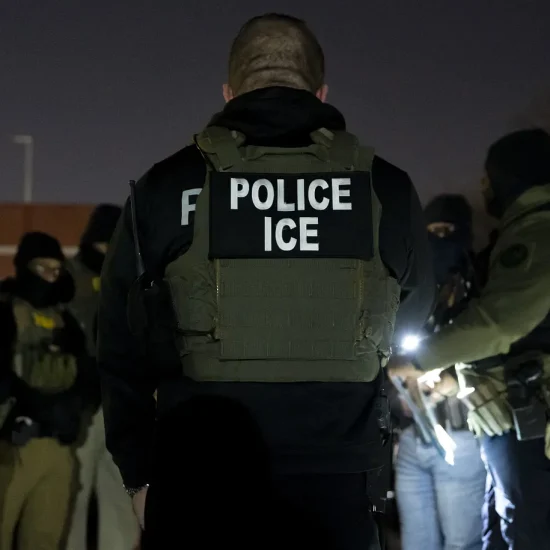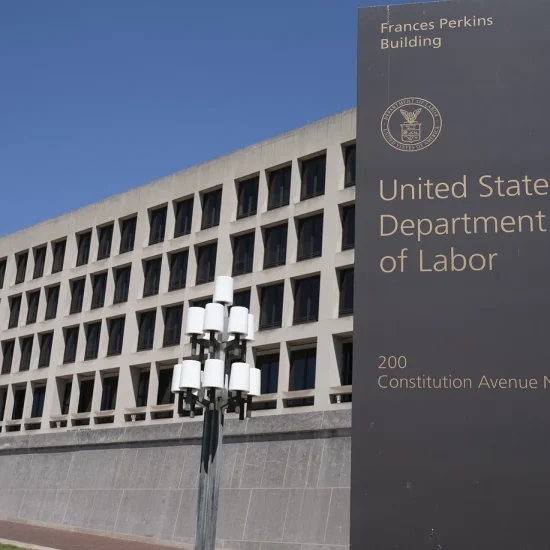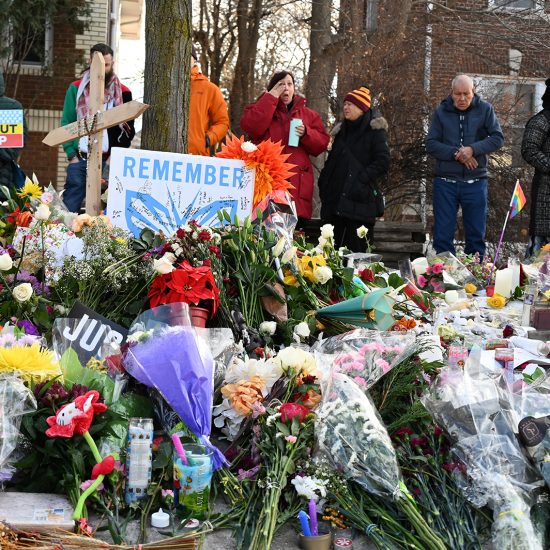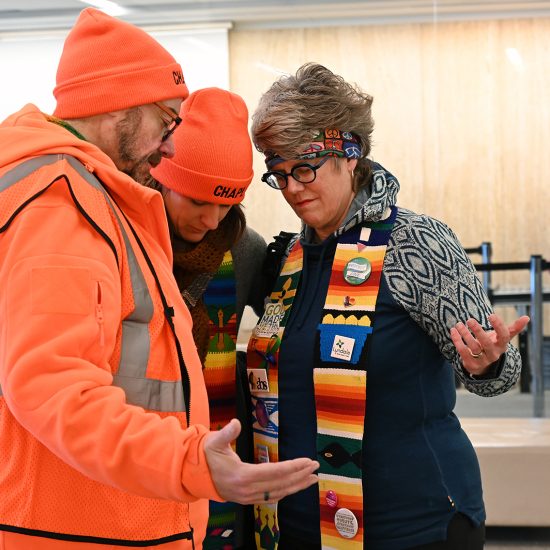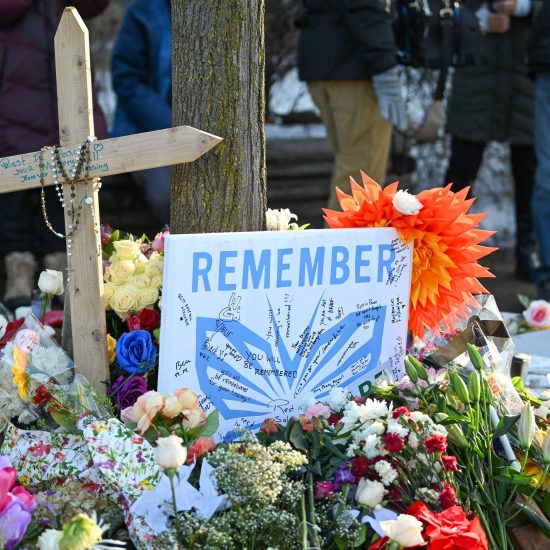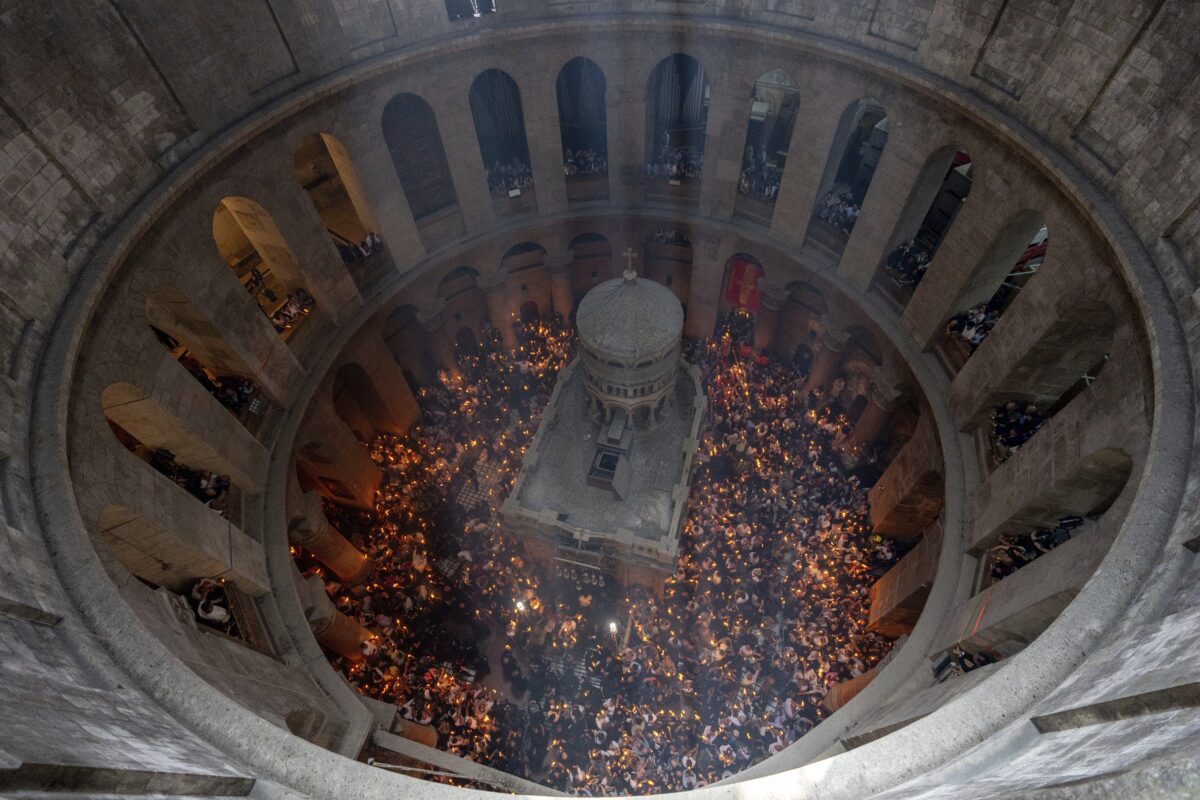
A senior U.S. official visiting holy sites in Jerusalem — Jewish, Muslim, and Christian — should not raise eyebrows. It is understandable for leaders to acknowledge the sacred spaces of different faiths. But when political leaders who identify as Christian visit the holy sites of other religions while ignoring their own, it sends a troubling message about priorities and the politicization of faith.
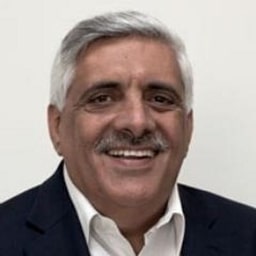
Daoud Kuttab
When President Donald Trump and Vice President Mike Pence visited Jerusalem, both made highly publicized stops at the Western Wall, donning kippahs and placing prayer notes between the stones. Yet neither visited the nearby Church of the Holy Sepulchre — the most revered site in all of Christianity, where believers commemorate the crucifixion, burial, and resurrection of Jesus Christ.
By contrast, President Joe Biden, a devout Roman Catholic, visited the Church of the Nativity in Bethlehem during his 2022 trip but did not go to the Western Wall. There is nothing wrong with visiting another faith’s sacred site. What seems inconsistent is when Christian leaders go out of their way to visit Jewish or Muslim sites for political optics while avoiding the very places central to their own faith.
That is why Vice President JD Vance’s visit to the Church of the Holy Sepulcher on Oct. 23 stood out. He and his wife, Usha Vance, were received by Greek Orthodox Patriarch Theophilos III and other church leaders who jointly administer the church under the historic Status Quo arrangements. The patriarch guided them through the site and reflected on its deep significance for Christians worldwide.
During the visit, Vance conveyed greetings from former President Trump and expressed appreciation for ongoing efforts to achieve a ceasefire in Gaza and to ease civilian suffering. The patriarch responded with Jesus’ words: “Blessed are the peacemakers, for they will be called children of God” (Matthew 5:9), affirming the Church’s commitment to peace rooted in justice and mercy.
Whether Vance’s visit was primarily diplomatic or genuinely spiritual is unclear. But it comes at a time when many younger American Christians are rethinking the long-standing, unconditional support for Israel that has defined much of the U.S. evangelical movement.
For decades, Western Christian leaders have not only avoided visiting the Holy Sepulcher but have also ignored the local Palestinian Christian communities who live their faith under occupation and discrimination. Palestinian Evangelical leader Dr. Jack Sara, president of Bethlehem Bible College, once told The New York Times that for Ambassador Mike Huckabee — a Baptist pastor and outspoken Christian Zionist — Palestinian Christians “are not even on his radar screen.”
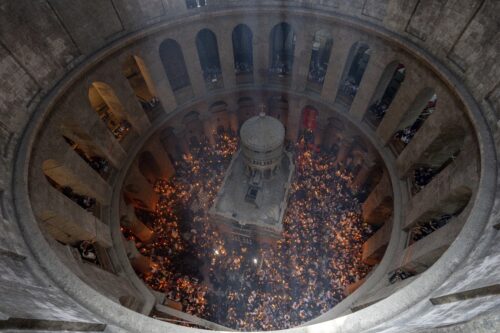
Christian pilgrims hold candles during the Holy Fire ceremony, a day before Easter, at the Church of the Holy Sepulcher, where many Christians believe Jesus was crucified, buried, and resurrected, in Jerusalem’s Old City, Saturday, May 4, 2024. (AP Photo/Ohad Zwigenberg)
Many Palestinian Christians have criticized “Christian Zionism,” arguing that it gives moral cover to policies of dispossession and even to acts of war against Palestinians, particularly in Gaza. When Huckabee once visited Taybeh, a Palestinian Christian village repeatedly attacked by Israeli settlers, he condemned the violence. Yet since then, as attacks have escalated, his voice — and those of many others — has fallen silent.
Church leaders in Jerusalem, meanwhile, continue to speak out. They have condemned Israeli government actions in Gaza and the West Bank and protested attacks on churches, priests, and Christian property. The Orthodox Patriarchate that welcomed Vance recently saw its bank accounts frozen without notice, threatening the operation of schools and charities. Although the accounts were later restored, the episode underscored Israel’s growing disregard for the long-standing agreements that protect Christian institutions.
Vice President Vance will likely be praised for what should be a normal act — a Christian visiting the holiest site of his own faith. Yet the fact that such a visit feels exceptional speaks volumes about how distorted the norms have become. Too many Christian political figures have made loyalty to Israel a political necessity while neglecting the spiritual roots of their own tradition.
The irony is that Israel’s government actively cultivates this imbalance. Prime Minister Benjamin Netanyahu met earlier this year with American evangelical leaders — before meeting Jewish ones — as part of a campaign funded by millions of government dollars to secure unwavering evangelical support and silence those calling for justice for Palestinians.
A Christian leader’s visit to the Church of the Holy Sepulcher should not be headline news. That it is reveals how politics has overshadowed faith in the land where Jesus was born, lived, died, and rose again.
Daoud Kuttab is an award-winning Palestinian journalist born in Bethlehem and a member of the Amman Baptist Church. He is the publisher of Milhilard.org, a news site focusing on the lives and challenges facing Christians in Jordan and Palestine.

